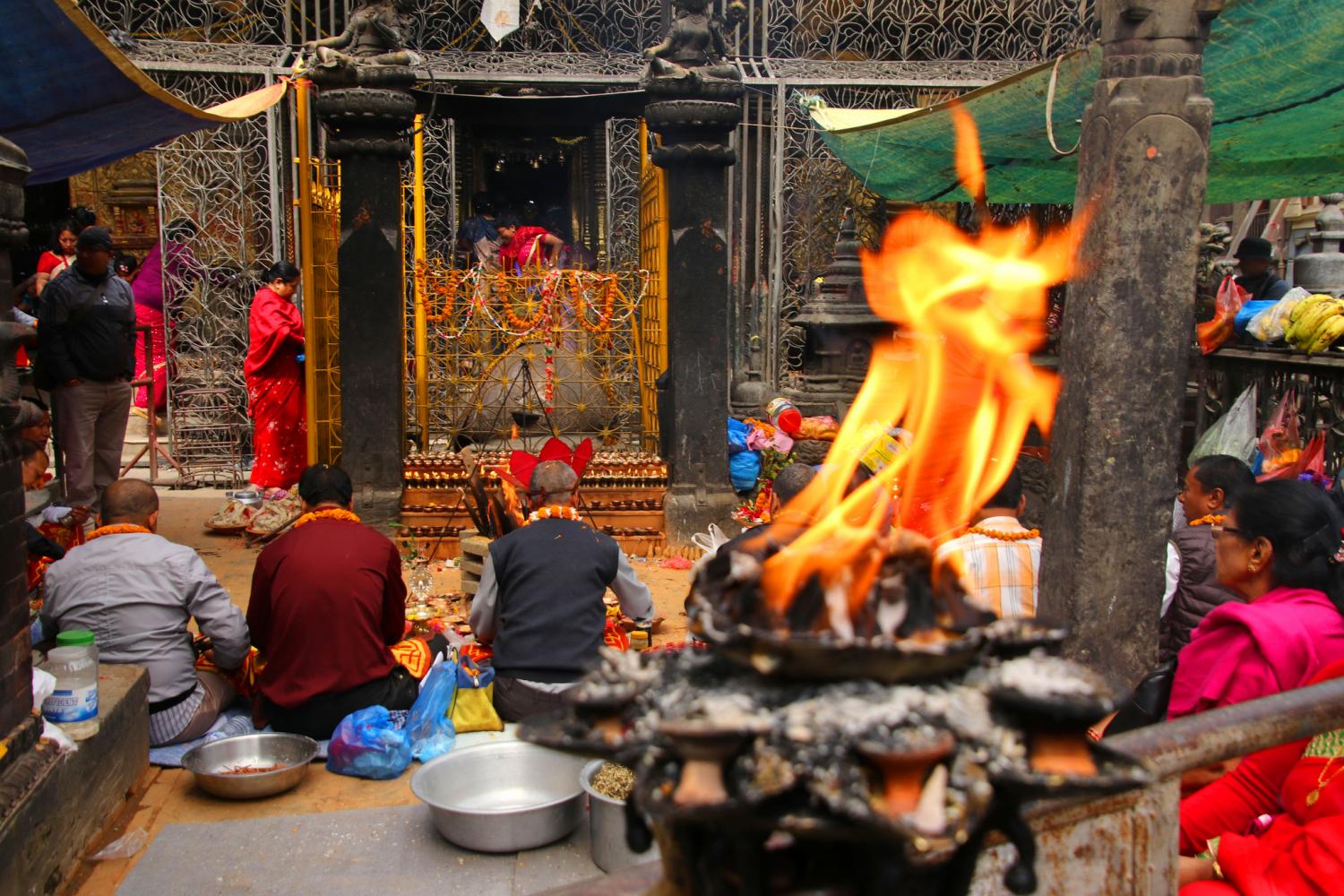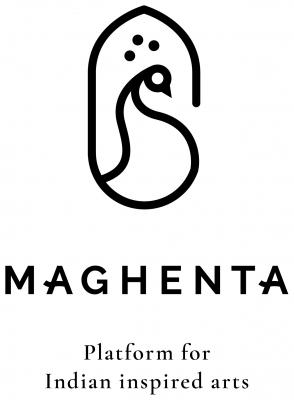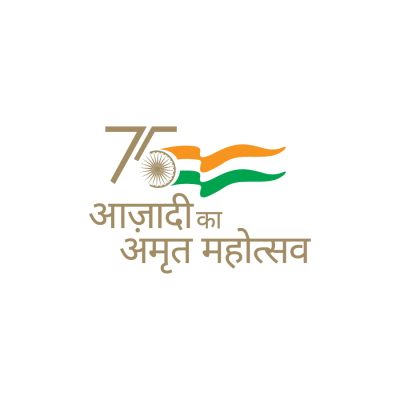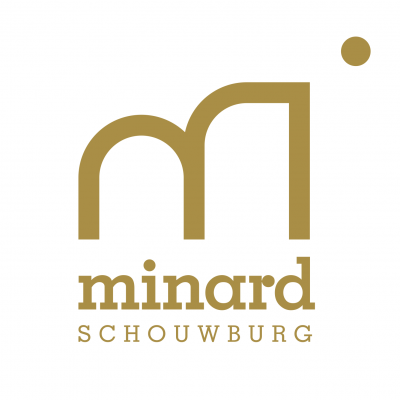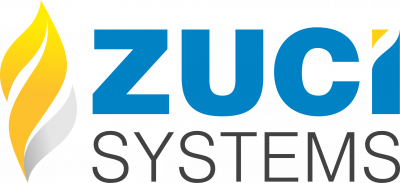Religious Traditions of India
Beschrijving
- This lecture series was organised during the autumn of 2021.
- Some lectures were recorded, with permission of everyone involved.
- Watch the recordings on our YouTube channel.
Tijdens deze reeks bieden specialisten met verschillende achtergronden je een inkijk in hun vakgebied. Diverse religieuze tradities die hun oorsprong vonden in India komen hierbij aan bod, zoals het boeddhisme, het hindoeïsme en het jainisme. Elk van deze tradities wordt gekaderd binnen de geografische en culturele diversiteit die het Zuid-Aziatische subcontinent zo kenmerkt: van Tibet tot Sri Lanka, van Noord- tot Zuid-India.
Deze reeks wordt georganiseerd door de opleiding Oosterse talen en culturen: India en de onderzoeksgroep SANGH (South Asia Network Ghent), in samenwerking met de onderzoeksgroep Jaina Studies en de vakgroep Talen en Culturen.
De foto werd genomen door Karl-Stéphan Bouthillette.
Programma
This series offers a mix of eight live / online lectures on religious traditions in India.
Wednesday 27 October 2022
- History and Memory of Brahmendra Swami, guru of the Peshwas (Maharashtra, 1st half of 17th century)
- by Nicolas Dejenne from the Université de Paris
- live / online
Wednesday 3 November 2022
- The merit of pen and paper: continued patterns of Jain textual production between the 16th and the early 20th century
- by Heleen De Jonckheere from the University of Chicago
- online only
Wednesday 10 November 2022
- Understanding Indian Alchemy: Textual and practical approaches
- by Dagmar Wujastyk from the University of Alberta
- online only
Wednesday 17 November 2022
- Asking for the Sovereign's Blessing: Muslim-Vīraśaiva Pilgrimage to the Tomb of a Muslim Ruler in Karnataka
- by Sara Mondini from Ca’ Foscari University of Venice
- live / online
Wednesday 24 November 2021
- Sensory Connoisseurship: Theologies of Play in Rajput Court Culture
- by Richard Williams from SOAS, London
- live / online
Wednesday 1 December 2021
- Knowledge and liberation in Jainism: Characterising the Self in the Samayasāra
- by Marie-Hélène Gorisse from the University of Birmingham
- live / online
Wednesday 8 December 2021
- After Dharma: Dialogue and Pluralism in the Mahābhārata
- by Brian Black from the University of Lancaster
- online only
Wednesday 15 December 2021
- From Warrior Saints to Epicurean Kings: Entangled Worlds in the Heart of India
- by Michael Willis from the the Royal Asiatic Society of Great Britain and Ireland
- online only
Opmerkingen
Iedereen is welkom!
- Je kan de volledige reeks bijwonen of je pikt er één lezing uit.
- Je kiest zelf of je gedeeltelijk live dan wel volledig online meevolgt.
mix live / online
- €30 voor de volledige reeks
- €5 per live lezing waar je je apart voor inschrijft
- €15 voor de workshop in samenwerking met Indialogue festival (zie hieronder voor meer info)
online
- gratis (zowel de volledige reeks als de aparte lezingen)
- wij bezorgen jou via mail tijdig de link(s) om mee te volgen
- bij het afrekenen vink je de optie "ik heb recht op een korting" aan en selecteer je vervolgens "ik volg online mee"
Schrijf je hier in
Religious traditions of India (all lectures)
Inschrijven
History and Memory of Brahmendra Swami, guru of the Peshwas (Maharashtra, 1st half of 17th century) by Nicolas Dejenne from the Université de Paris (live / online)
Inschrijven
The merit of pen and paper: continued patterns of Jain textual production between the 16th and the early 20th century by Heleen De Jonckheere from the University of Chicago (online only)
Understanding Indian Alchemy: Textual and practical approaches by Dagmar Wujastyk from the University of Alberta (online only)
In the tenth century CE, alchemists in India began to compose works about their craft, defining both its goals and the methods with which to achieve them. Indian alchemists developed a set of procedures for transforming organic and inorganicmaterials into substances with the power to transmute base metals to noble ones, and ordinary humans into perfected beings. Sanskrit alchemical texts describe these procedures in some detail. However, experiments with recreating the procedures quickly reveal that instructions in the texts that at first glance seem to be clear, in fact contain many ambiguous formulations and omissions. Were alchemists withholding crucial information on purpose, to safeguard esoteric or professional knowledge? Or were omissions perhaps intentionally employed to create failsafes for explaining the failure of the operations? In this presentation, I will describe the use of experimentation to gain deeper insight into historical texts, and I will reflect on the uses of giving and withholding information to represent a body of knowledge such as alchemy.
Asking for the Sovereign's Blessing: Muslim-Vīraśaiva Pilgrimage to the Tomb of a Muslim Ruler in Karnataka by Sara Mondini from Ca’ Foscari University of Venice (live / online)
Indialogue Conference with a lecture on Sensory Connoisseurship: Theologies of Play in Rajput Court Culture by Richard Williams from SOAS, London (live / online)
full-day interactive workshop
10.00h - 10.15h Word of welcome by Dr. Ayla Joncheere (Organisator & post-doctoral researcher)
10.15h - 10.45h Keynote lecture by Dr. Richard Williams (SOAS London, UK): '"Sensory Connoisseurship: Theologies of Play in Rajput Court Culture"
10.45h - 11.00h Coffee break
11.00h - 12.00h Tom De Moor in conversation with choreographers Seeta Patel (The Rite of Spring, UK) & Mandeep Raikhy (Queen-size, India)
12.00h - 12.30h Lunch
12.30h - 01:30h Dance performance Queen-size
01.30h - 03:00h "Samwaad" (Un)scholarly conversations. Facilitated by Francis Laleman
- registration for all activities on 24 November via this platform
- you decide whether you attend the workshop in its entirety or just the keynote lecture by Dr. Richard Williams
- part of the Indialogue festival co-organised by Maghenta and India House Leuven
- full programme Maghenta (Ghent)
- full programme India House Leuven
Partners (in alphabetical order):
- Bank of Baroda
- BICC&I
- Embassy of India, Brussels
- KASKCinema
- Minardschouwburg
- Stad Gent
- UGent
- Voka
- Zuci Systems

